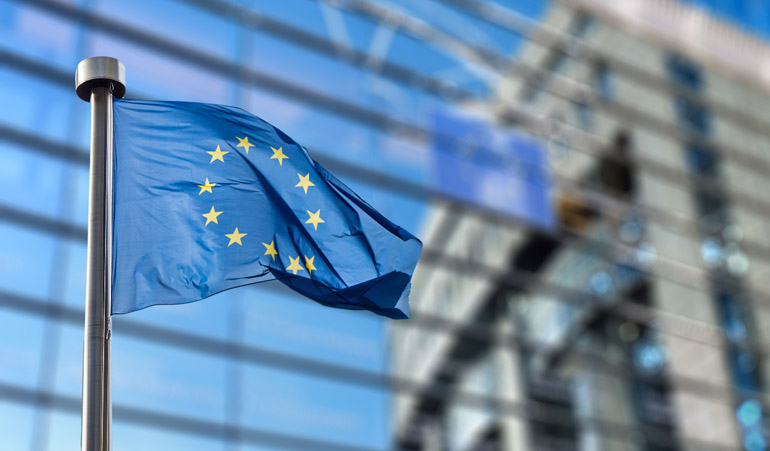
From January 1 to June 30, 2024, Belgium will hold the Presidency of the Council of the European Union. Each federated entity will have an important role to play during the six months of the presidency, notably in the advancement of the European agenda and the promotion of cooperation between member states.
The Council of the European Union, or Council of Ministers, is the body where government ministers from each member country of the European Union (EU) meet to make laws and coordinate policies. It should not be confused with the European Council, the EU's executive body, which brings together the 27 heads of state and government. The Council of the EU has 10 configurations, in which ministers from national governments are grouped by policy area. For example, ministers responsible for agricultural policy meet in the "Agriculture and Fisheries" formation, while those responsible for health meet in the "Employment, Social Policy, Health and Consumer Affairs" formation.
Rotating Presidency
Each EU country holds the presidency of the Council for a period of six months. The presidency rotates according to a pre-established order. The Presidency organizes and chairs meetings, works out compromises, delivers conclusions and ensures the coherence of the decision-making process. This role involves giving impetus to the legislative work of the Council, while at the same time ensuring good cooperation between the member states. To achieve this, the Presidency needs to be seen as an honest and neutral broker. Because six months is a very short time frame in which to advance priorities, each country works with two other countries that either precede or follow it in this exercise. In this way, the three states set longer-term goals, i.e. 18 months, in what is known as a "trio" system.
Belgium will hold the presidency from January 1 to June 30, 2024, in a trio with Spain and Hungary.
Role of Wallonia and the Wallonia-Brussels Federation
The division of powers in Belgium also applies at the European level. A cooperation agreement determines the distribution of the Council presidencies between the federal government and the federated entities. Within the competencies of the Walloon Region, Wallonia will hold the Presidency for Research, Tourism, Cohesion Policy, Town and Country Planning and Housing. It will also represent Belgium in the fields of employment and social affairs and energy.
The Wallonia-Brussels Federation will chair the Education and Sport configurations. It will represent Belgium in the Culture and Youth Councils, in coordination with Flanders, which will chair these configurations.
Key moment
This Presidency will be an excellent opportunity to highlight the role that each of the federated entities plays at the European level, within the framework of its own competences. Belgian ministers will also represent the Council in other EU institutions and in multilateral contexts during these six months.
The Belgian Presidency will be marked by the European elections, which will be held on the same day as our regional and federal elections: June 9th, 2024. The Belgian Presidency will therefore strive to complete as many current dossiers as possible. It will also prepare the future of the European Union.